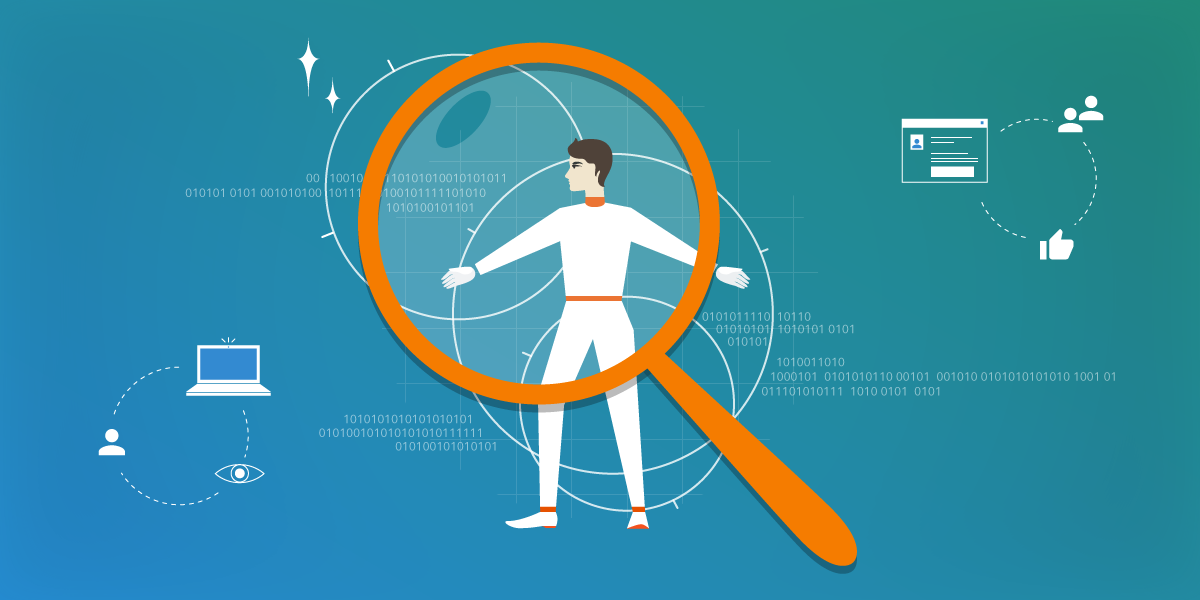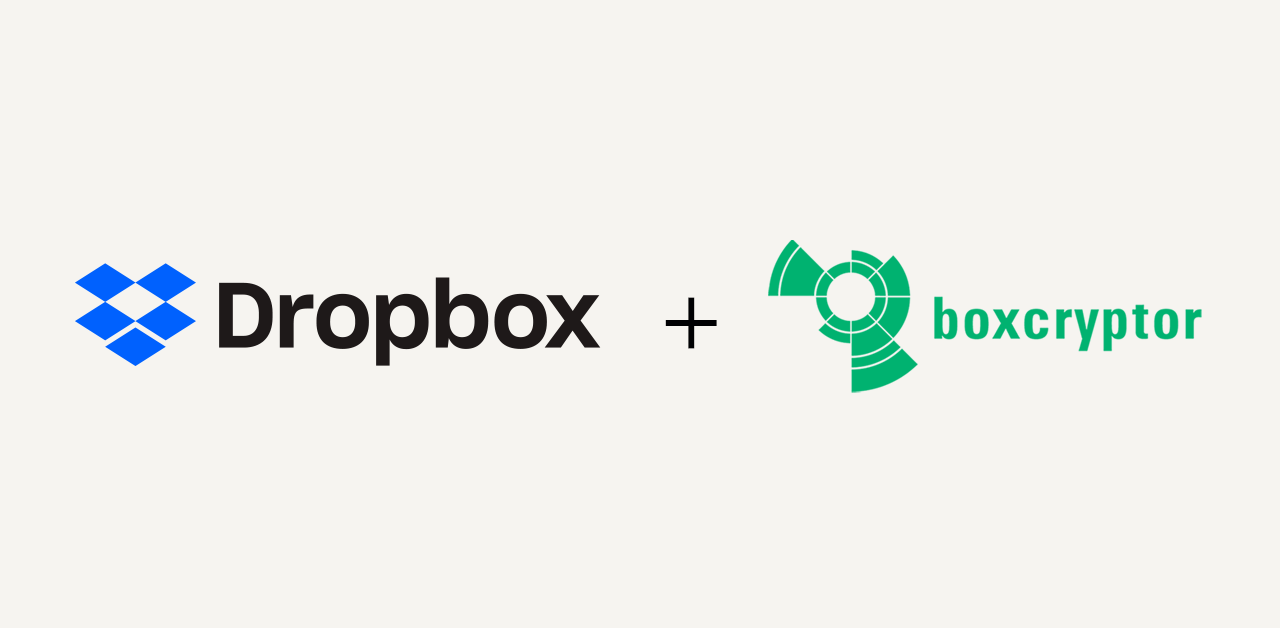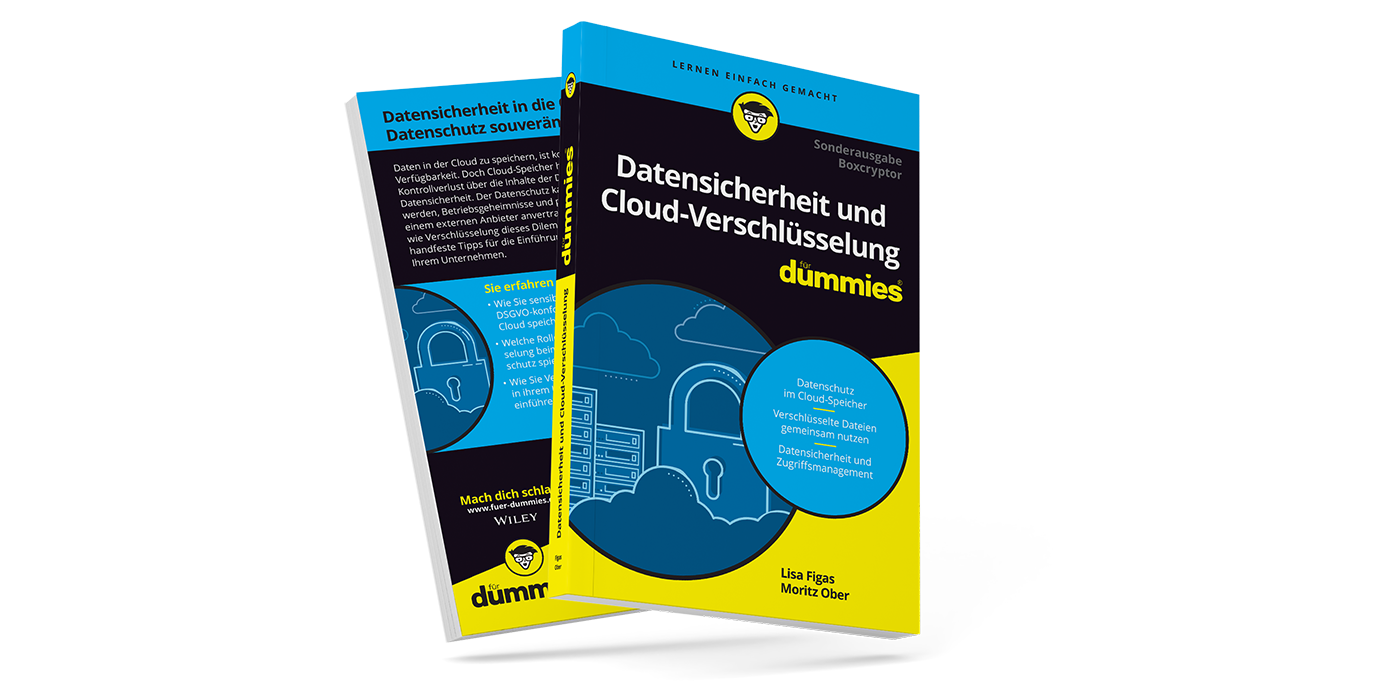Security Online: 5 Tips to Protect your Privacy
Today, a great part of our lives happens online, since social media and new technologies make communication and many other things more comfortable. But the more we rely on this new digital world, the more important it becomes to have an eye on online security and, therefore, to protect ourselves and our data. We do not want to become completely transparent. In this post, we present five tips to stay in control of your security online and your privacy, even if you take advantage of the many offerings of the World Wide Web.
1. Be responsible with your information on social media
Be aware of how other people can read your Facebook posts. Do you really want everybody to know which party you attended on the weekend, or when you are on vacation – and your home is unattended – or what else you are doing with your time? Online security often means hoding back a little and not sharing to much information. There are numerous examples on how Facebook messages can have a negative impact.

Travelling is sugar for the soul. Don’t let your Facebook posts keep you from it. ©Pexels
Last year, for example, a 19 year old girl from Germany was denied entry into the U.S. because of something she wrote on Facebook. She offered one of her American relatives to babysit every now and then. The immigration officer assumed that she intended to work in the US illegally, so her planned trip of four months turned into a short stay at the Philadelphia Airport.
2. Do not give away all your data, even if you’re being asked for it
If it were up to delivery services, online banks or online stores, you should give them everything there is to know about you when you sign up. But your data is valuable and you should only give them what is absolutely necessary. But even in this case you can cheat a little. If you do not need the provider of the service you are looking for to contact you, you can just enter a fake email address and mess up some digits in your phone number. There are even websites who offer to create a fake email for you:
3. Tape over your webcam

Is someone looking back? ©Pexels
Some have a weird feeling when looking into outer space, others when they look into their webcam. They ask themselves: I am looking, but is somebody looking back? There are many ways to hack into a webcam, and unfortunately incidents where people spy on others via remote access tools are not uncommon. This is the absolute nightmare, not only for people who are aware of security threats online, but to everybody. According to German experts it is not paranoid to tape over your webcam. It is actually very reasonable. To keep your antivirus software up to date certainly helps. But to cover your camera as an additional safety measure can’t hurt. Hackers can still access your microphone, but they won’t be able to spy on you, visually.
Find out more here.
4. Data protection and security online starts with secure passwords
Everybody knows the dilemma of passwords. On one hand you want to keep your accounts safe, but on the other hand you want a password which is easy to remember and easy to enter. It is just so much more comfortable to use the same password everywhere, because that keeps the risk of forgetting one to a minimum. However, if someone cracks your password, this person has access to everything that is important to you. So you should rethink your strategy.
The easiest and at the same time most secure method is to use a password manager, such as LastPass, KeePass or 1Password. We use LastPass here at Boxcryptor, which is also available for private users in a free version. You only need one password for the manager itself. The rest will be generated automatically. Of course, the password for the manager should be a secure one.
There are ways to create a secure password, which you can remember. You can create a master password that should not contain any actual words. A popular method is to use the first letters of a sentence. If you do not want to use a password manager, you can combine such a password with a specific password for each account. The specific password can give you hints about which account you need it for, but it should be scrambled and creative in a way that nobody can make the connection.
Kaspersky Lab offers a fun and informative way of checking the security of your password. If you enter an arbitrary amount of numbers, they inform you that it would take 15 hours to crack the password. Or, “it would take this long to travel 2255 miles in your new Ferrari”. Try it out yourself! But not with your real password, please.
5. Encrypt your data and data transfers
You should always encrypt data that you store or transfer online. Otherwise, you have to rely on the hosts of the service you use, to keep your data safe. Sadly, this is often not the case. Often, the data on the servers of, for example, cloud storage providers is not encrypted. Dropbox, or other clouds, are a practical and easy solution to store your data online. On one hand, private users can easily share pictures with each other, or set up study groups, where everybody can contribute and share documents, without making them completely public, as in social media. For companies, on the other hand, it is a cost-efficient way to use and only pay for as much storage as you need.
However, the data should be encrypted, so it cannot be accessed by the cloud provider or third parties in a possible hack or password leak.

Stay safe and enjoy peace of mind in the cloud. ©Pexels
Encryption software, such as Boxcryptor, offers this service and guaranties the highest possible data security with the leading encryption standards. In addition, it is not possible that the company behind Boxcryptor accesses your data, because the customers’ password is already encrypted once it arrives on their servers. This “Zero-Knowledge” encryption makes sure that your data is protected from the threat of cybercrime.
Conclusion
The daily use of the internet for personal and business reasons demands a responsible handling of your data. However, when considering these simple tips you can take advantage of all that the digital world has to offer, without giving up your privacy completely. Take responsibility for your data and refuse to become a transparent agent in the World Wide Web.



